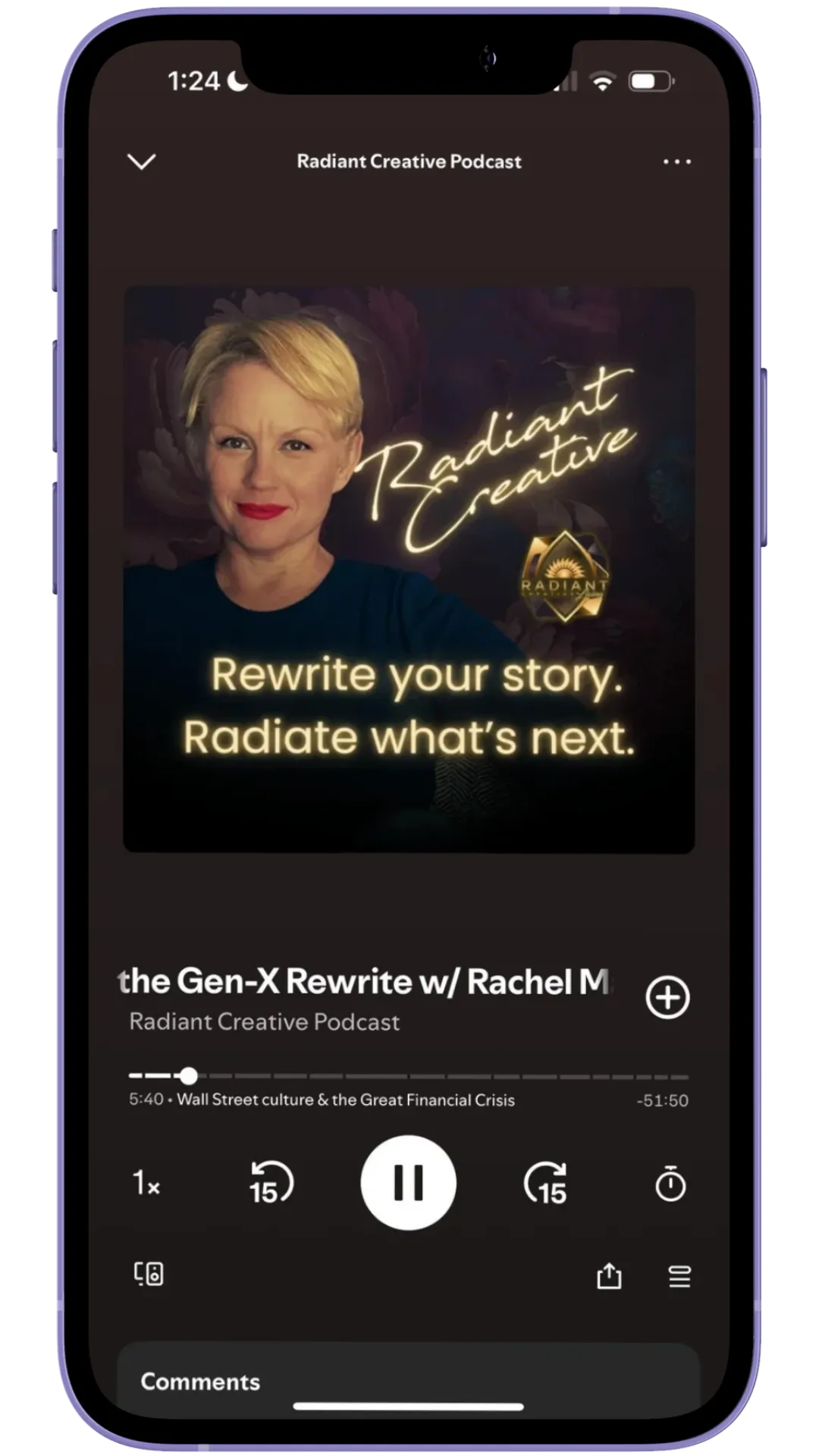
Different Types of Magnesium and How to Take Them - In Perimenopause
Magnesium is a game-changer for perimenopause and menopause. We dive into glycinate, threonate, and more—exploring their effects, benefits, and how to take them for our needs.
Why Magnesium Matters for Perimenopausal and Menopausal Women
We perimenopausal and menopausal women are navigating a wild ride—hormones singing like an emo 90s mixtape, leaving us with mood swings, sleep issues, and muscle tension. As a bit of a health nerd—I’m the type who stays up all night listening to science podcasts—I’ve found magnesium to be a game-changer for us. When I discovered its benefits during my luteal phase, I had to dig deeper. Turns out, not all magnesium is created equal, and how we take it matters. Let’s break down the science of magnesium types, their effects, and how they support our unique needs, plus practical ways to make them part of our self-care routine.
Types of Magnesium: Which One’s Your Vibe?
Magnesium comes in different forms, each with distinct properties tailored to our perimenopausal challenges, and each with its own perks:
Magnesium Glycinate
This is my go-to—it’s highly bioavailable, meaning our bodies absorb it efficiently, and research shows it supports relaxation and sleep quality, crucial when night sweats keep us up.
A 2017 study found glycinate reduces anxiety by calming the nervous system, a win for our mood swings.
Here's one magnesium glycinate product review - tried and tested for a great night's sleep

Buy Your MoonBrew Now on Amazon for an Amazing Night's Sleep!
Magnesium Threonate
My favorite neuroscientist Dr. Andrew Huberman loves to talk about this type. It’s standout for crossing the blood-brain barrier. A 2010 study on older adults showed it enhances cognitive function and memory—perfect for tackling the brain fog we often face in menopause.Magnesium Oxide
Common in supplements, but less absorbable; a 2001 study noted its bioavailability is only about 4%, making it less effective for our needs despite being cheaper. Kind of like dial-up internet in the 90s, it works, but there’s better out there.
How Magnesium Supports Perimenopause and Menopause
Science shows magnesium addresses key symptoms we face:
Regulates cortisol, reducing stress-related anxiety—vital when hormonal fluctuations leave us on edge.
Supports muscle relaxation, easing cramps and tension that can worsen with declining estrogen.
For brain health, threonate’s cognitive benefits help us stay sharp, while glycinate’s calming effects improve sleep—critical since up to 60% of menopausal women report insomnia, per a 2018 study.
Ways to Take Magnesium for Our Needs
We can take magnesium in ways that fit our lifestyles:
Supplement powders:
I mix a magnesium glycinate powder blend called Moon Brew into heavy cream with a pinch of turmeric for a nighttime ritual that beats any 90s rom-com—it helps us get deep, restorative sleep.
Buy Your MoonBrew Now on Amazon for an Amazing Night's Sleep!Dermal magnesium creams:
Dermal options, like VAL Magnesium Cream, which uses magnesium chloride, work wonders for sore muscles; it’s light, absorbs beautifully, and smells wonderful, making it a favorite for post-workout relief.Magnesium baths (Epsom salts):
Soaking in Epsom salts for 20 minutes feels like a warm hug. Mix it with essential oils and a candle, and you don’t need to call “Calgon, Take Me Away!” like your mama did! - Remember this?? 😂 - it hits differently now, doesn't it??
Final Thoughts & Empowerment
Magnesium is a must-have for us heroes in perimenopause and menopause. It ties into our luteal phase routine for PMS relief and beyond.
What’s your magnesium method? Step into the spotlight and share your story in the comments!
“Magnesium is a must-have for us perimenopause heroes—glycinate for sleep, threonate for brain fog, it’s like a 90s mixtape for our hormones.”
References (Open-Access Where Noted)
Boyle, N. B., Lawton, C., & Dye, L. (2017). The effects of magnesium supplementation on subjective anxiety and stress—A systematic review. Nutrients, 9(5), 429. (Open-access)
Liu, G., et al. (2010). Efficacy and safety of MMFS-01… Journal of Alzheimer’s Disease, 49(4), 971–990. (Abstract)
Firoz, M., & Graber, M. (2001). Bioavailability of US commercial magnesium preparations. Magnesium Research, 14(4), 257–262. (Abstract)
Baker, F. C., et al. (2018). Sleep problems during the menopausal transition: Prevalence, impact, and management challenges. Nature and Science of Sleep, 10, 73–95. (Open-access)
Engen, D. J., et al. (2015). Effects of transdermal magnesium… Journal of Integrative Medicine. (Abstract)
Affiliate Disclosure: As an Amazon Associate, I earn from qualifying purchases.




